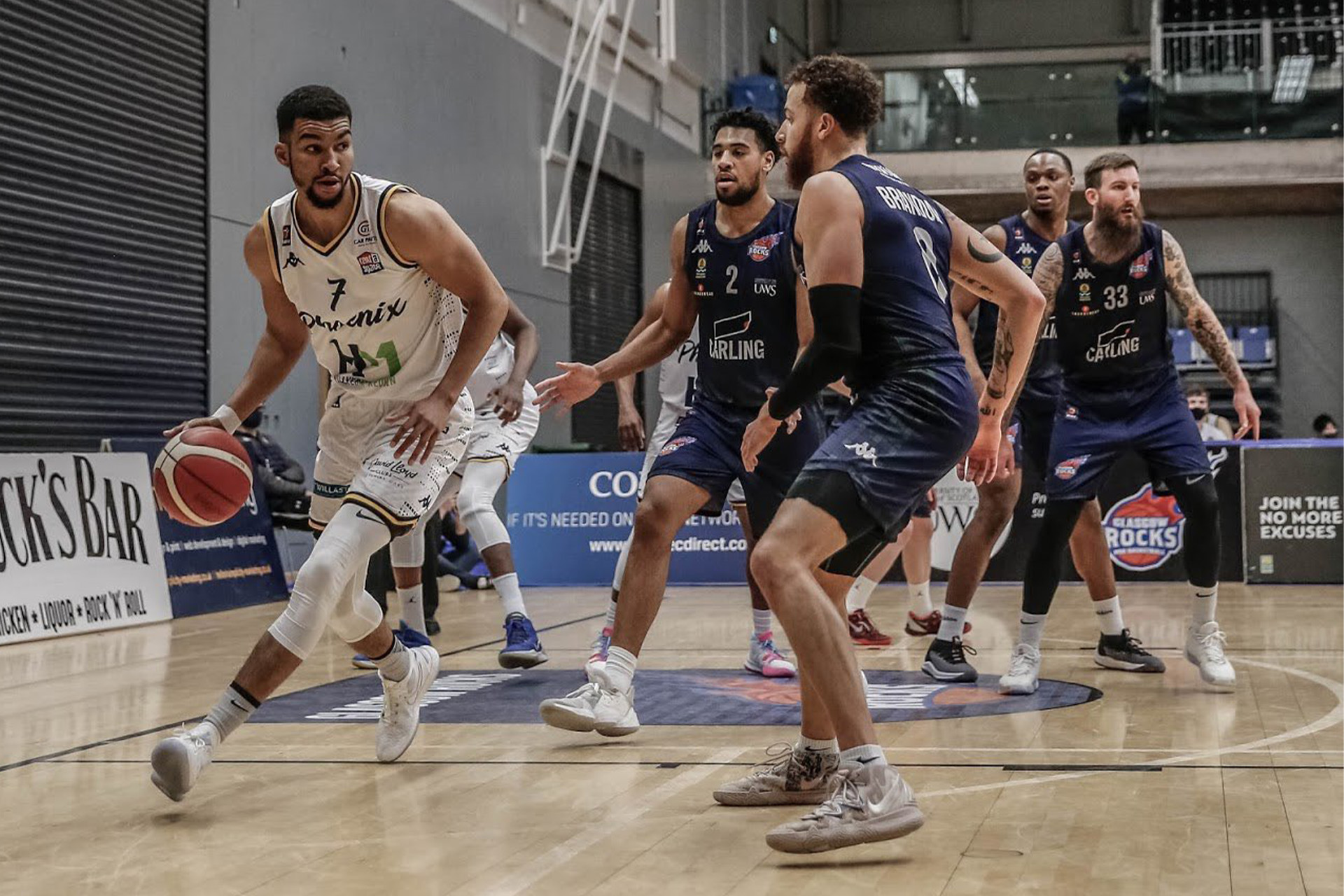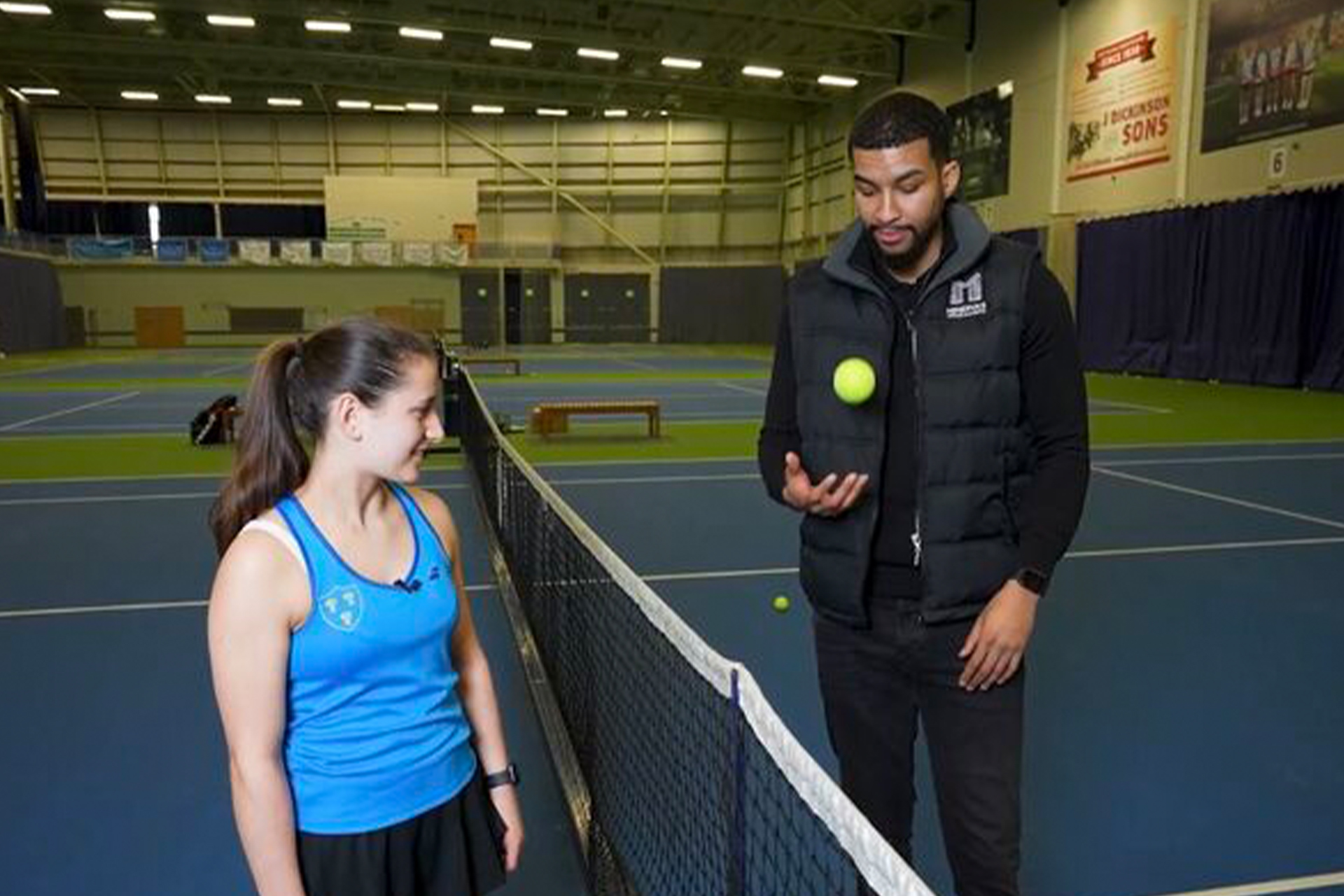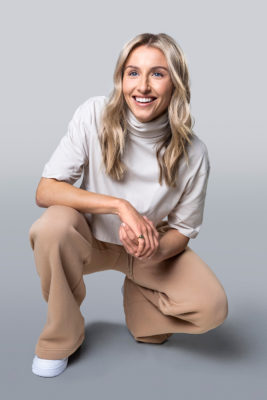Interview: Sol Rolls-Tyson On Supporting Young Athletes & Flexible Education In Motorsport
By
12 months ago
How does the number one school for athletes operate?

Anoop Bhuller speaks to Elite Athlete Education Officer at Minerva Virtual Academy and former professional basketball player, Sol Rolls-Tyson, about how he helps support young athletes.
Interview: Sol Rolls-Tyson
What does your role as a mentor include?
One of my roles at MVA is to help athletes balance their education with their sport. For example, athletes who have a rigorous schedule will have nutrition plans, a gym plan and preparation for competitions. That’s where myself and Fabian, who’s also an Elite Athlete Education Officer, come in. We help to balance their education and ensure they achieve their GCSEs and A-levels so they don’t have to compromise.
My other role is to increase the number of sports students at MVA. In the three years since we launched, we’ve built landmark partnerships with organisations like the RGMMC (who run most of the junior karting in Europe), Tennis Europe, and GB Snowsports. They’ve largely welcomed us with open arms because, at last, there is a flexible education model that can allow student-athletes to participate in sports events without having to stress about missing school – which has been a problem for so long.
Can you share some information about the current types of athletes you have at the school?
Ryan is a GB skier; he came second in the GB Alpine Championships this year. He needs a flexible education because he spends half the year travelling and training with his team, as well as competing in high-level skiing championships.
Andrei, a 10x national champ of Romania, has just won the u14 super category in Stockholm. He is competing all over Europe and is doing really well.
Reza is an F4 driver competing in the British F4 championships and has a tailored education plan as he studies for his A-levels around his busy motorsport schedule.
We also have golf, football, and many other types of athletes; the list goes on…

Sol Rolls-Tyson with Minerva Virtual Academy Athlete
What is the day to day life as a student like at Minerva?
The degree to which a student-athlete’s sports schedule impacts their educational structure varies significantly. Take Freddie Slater, for instance. As the reigning UAE F4 champion, he is poised to compete in the Italian championships this summer. To accommodate his demanding schedule, Freddie attends classes online and has one to one tuition on Mondays, Tuesdays, and Wednesdays, with Thursdays reserved for testing. Fred familiarises himself with the track on Thursdays, undergoes testing and qualifying on Fridays, and competes over the weekend. Come Monday, he seamlessly resumes his studies with his tutors.
For student-athletes enrolled at Minerva’s Virtual Academy, apart from the bespoke programme tailored to individuals like Freddie, all lessons are recorded. Preceding each live session, students engage in preparatory homework to familiarise themselves with upcoming topics. Post-live lessons, they receive assignments. Given the recorded nature of these sessions, athletes can conveniently access missed classes. Moreover, they benefit from the guidance of an academic mentor to facilitate catching up upon their return to school.
We do our best to watch their competition schedules; Fabian and I stay in constant communication with their academic mentors to gauge the extent of their absence and ensure a seamless transition back into academic routines.
How are exams planned around students’ schedules?
Unfortunately changing the dates of examinations is not possible. However, we have partnered with Pearson to allow our iGCSE students to take their exams online. This works well as some students also face anxiety when attending a physical exam centre. Some students may also be travelling for competition and need to sit their exams near the event; this works well for many of our student-athletes.
Minerva was the Official Education partner of the ROKiT F4 British Championships and the Wera Tools British Kart Championships last year. How do partnerships like this help the pupils?
Having those partnerships is excellent because it allows us to be there when they are competing. As I said before, we have a partnership with the RGMMC, which runs Karting championships across Europe. This year I have travelled to events in Spain, Italy, and France to support some of our karting students. But the British F4 partnership is great because I can get to more of these events, and we can have closer relationships with the organisers and parents. MVA’s student-athletes can see that we physically support them even though we are an online school. It allows us to know the ins and outs of their sport and tailor their experience at school accordingly.
On the British Karting website it mentions that more flexible education systems are needed within the motorsport sector. Do you agree with this?
Definitely. When they go to these championships, they have a lot to think about and do beforehand. The student-athletes only get a small amount of time to rest, so where we come in is crucial. We are like the private school in their back pocket – they can take us anywhere, in the airport, their hotel rooms or to the track. Minerva has accessibility from anywhere around the world, and I think that’s key alongside the support we provide for athletes.

Sol Rolls-Tyson playing basketball
Where did you go to school? Do you think going to an online school like Minerva Virtual would have benefitted you more?
I went to a bricks and mortar school in Birmingham. I found it very distracting and could only focus for a few hours. I would always be on the basketball court on the playground. I just wanted to play basketball, and I think I could have spent more time participating in activities that supported my dream. However, I did put the work in outside of school and managed to gain a scholarship to play in America on a scholarship and play professionally across Europe.
I definitely would have taken it if I had known or had the opportunity to attend a school like MVA. I would have been able to practice, rest, rewatch games I’ve played, and travel more to tournaments. It would have allowed me to spend more time perfecting my skills.
What do you think the UK could learn from the way the US supports athletes?
Generally, as a student-athlete, receiving support for most sports here in the UK is rare. Sure, there are academies for football and rugby, but for other sports at the school level, it’s hard to see. When I was in America, things were different. I had a physio, and teachers were okay with leaving class early for basketball games. They also ensured that I stayed caught up in my studies. I even saw these attributes in high schools.
We need to bring that culture here to the UK, not just for sports but for any talent a student excels at. The schooling system pays little attention to these things initially, and we often prioritise school over everything else, which shouldn’t have to be the case.
Is there anything else we should know?
We host a High Performance club which serves as a dedicated community for athletes beyond their regular lessons at MVA. Within this club, athletes engage in discussions encompassing various facets of their athletic journey, including goal-setting, nutritional strategies, sleep optimisation, and more. Participants actively share their weekly objectives and collaborative insights for improvement.
Additionally, we have the privilege of regularly welcoming a sports psychologist who offers invaluable insights into goal-setting methodologies and fosters a growth mindset tailored specifically for athletes. This comprehensive approach provides a supportive framework for athletes to excel in their athletic and academic pursuits.
You can find out more on the Minerva Virtual Academy website.






